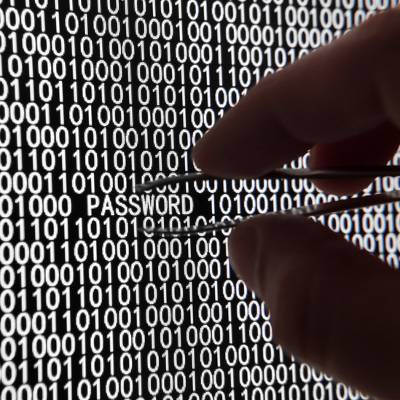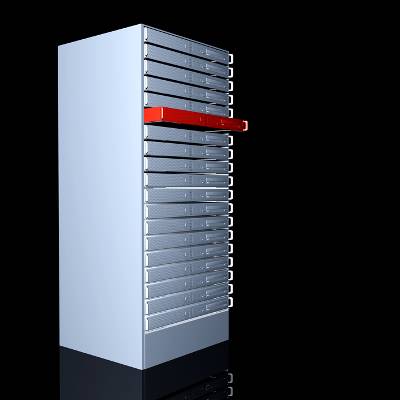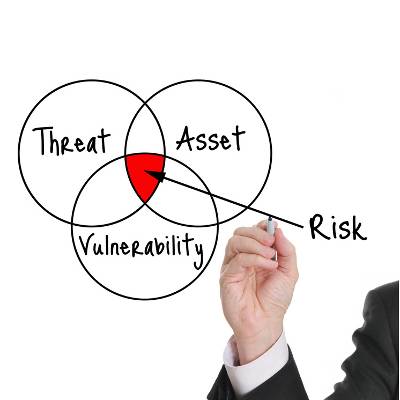Macro Systems Blog
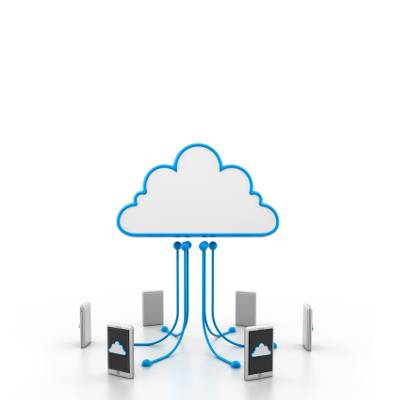 The cloud is changing the future of the technology industry in ways previously unseen. The cloud has the ability to store and process data from anywhere with a mobile device, which greatly changes the way that businesses operate. Everyone has their own predictions about what will happen as the cloud becomes more popular, but Greg Walters of Walters & Shutwell Inc. has some particularly interesting ideas to chew on.
The cloud is changing the future of the technology industry in ways previously unseen. The cloud has the ability to store and process data from anywhere with a mobile device, which greatly changes the way that businesses operate. Everyone has their own predictions about what will happen as the cloud becomes more popular, but Greg Walters of Walters & Shutwell Inc. has some particularly interesting ideas to chew on.
 Conventional wisdom informs businesses to store every byte of their data possible, and with the affordability of cloud storage, more companies are storing more files. Surprisingly, in an aboutface to this maximum data-storage practice, businesses are now being advised to delete all unnecessary data in light of our lawsuit-happy culture.
Conventional wisdom informs businesses to store every byte of their data possible, and with the affordability of cloud storage, more companies are storing more files. Surprisingly, in an aboutface to this maximum data-storage practice, businesses are now being advised to delete all unnecessary data in light of our lawsuit-happy culture.
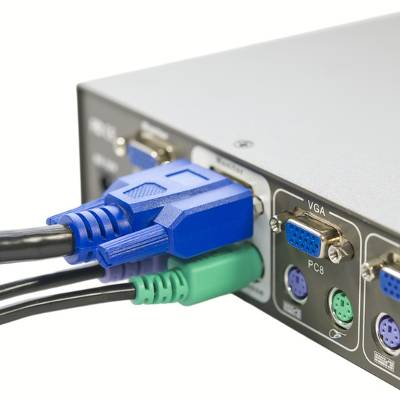 Your company's IT infrastructure is much like a puzzle. There are many different pieces that make it up, and each piece is needed for the entire network to work properly. One piece of equipment that often gets overlooked is the KVM switch. Here are three tips on finding the right KVM for your business.
Your company's IT infrastructure is much like a puzzle. There are many different pieces that make it up, and each piece is needed for the entire network to work properly. One piece of equipment that often gets overlooked is the KVM switch. Here are three tips on finding the right KVM for your business.
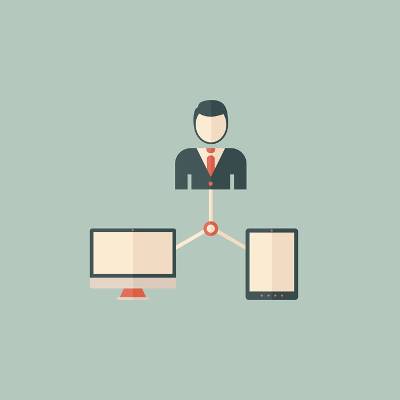 Doing business in today's world is dependant on mobility, and if you aren't ready to shift toward this new technology trend, you should seriously reconsider. A lot of the time, businesses will allow their employees to bring in their own mobile devices for use in the workplace. This trend is called a Bring Your Own Device (BYOD).
Doing business in today's world is dependant on mobility, and if you aren't ready to shift toward this new technology trend, you should seriously reconsider. A lot of the time, businesses will allow their employees to bring in their own mobile devices for use in the workplace. This trend is called a Bring Your Own Device (BYOD).
 Everything changes in due time. Computers grow less secure, malware grows more sophisticated, and hackers' methods change. According to Processor magazine, 80 to 90 percent of attacks are targeted at devices rather than networks and servers. Just like the weakest link in a fence, all it takes is one weak point for a hacker to take down your entire network.
Everything changes in due time. Computers grow less secure, malware grows more sophisticated, and hackers' methods change. According to Processor magazine, 80 to 90 percent of attacks are targeted at devices rather than networks and servers. Just like the weakest link in a fence, all it takes is one weak point for a hacker to take down your entire network.


